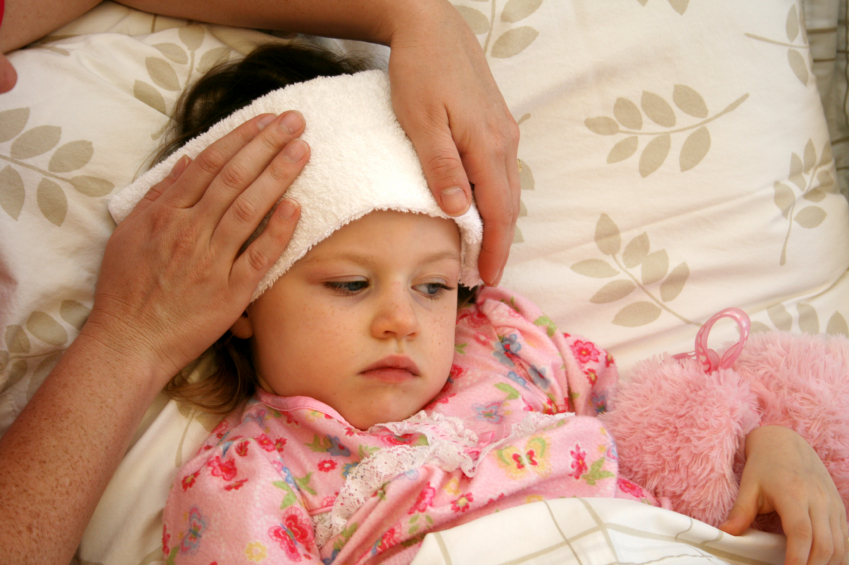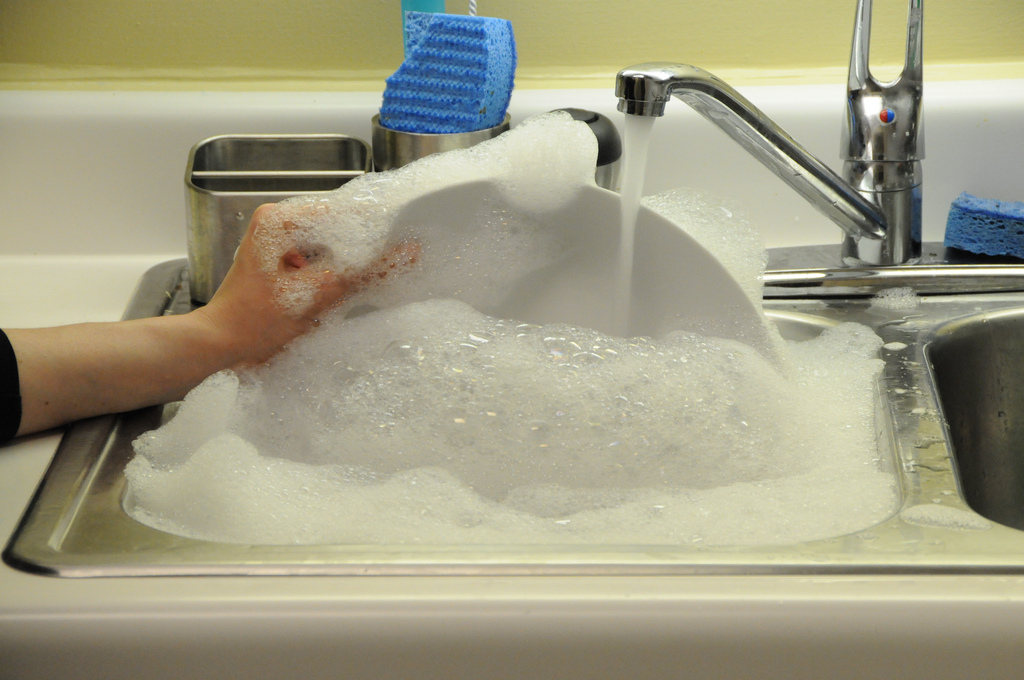Children who regularly get infected are more likely to develop a mental illness, according to a new study
02/28/2019 / By Ellaine Castillo

Children love to run around and play. Unfortunately, this exposes them to millions of disease-causing microorganisms. Although your child’s immune system does its best to fight off these pathogens, it might also be too weak to succeed. When this happens, your child may develop infectious diseases like pneumonia or bronchitis. These could cause pain and interfere with normal body functions. Recently, a study published in JAMA Psychiatry showed that having infections is also associated with a higher risk of mental illness in children.
The study, which was conducted by researchers from Denmark, looked at data from more than one million people born between January 1, 1995 and June 30, 2012. From their analysis, the team found that hospitalization for infections was associated with an 84 percent increase in the risk of mental health disorders. They also noted that schizophrenia, obsessive-compulsive disorder, autism, attention-deficit hyperactivity disorder, mental retardation, personality and behavior disorders, oppositional defiant disorder, conduct disorder, and tic disorders had the highest risks after infections. Among the children who developed mental health disorders, they found that 42 percent of them were more likely to be prescribed psychotropic medications. This is very alarming since these drugs have been associated with side effects like suicidal thoughts, problems with coordination, nausea, sleep disorders, and headaches.
For less severe infections that did not require hospitalization, such as bronchitis, the risk of mental illness increased by 40 percent. Meanwhile, the risk of psychotropic medication increased by 22 percent. These results suggest that the severity of infection affects the chances of developing mental health disorders. Additionally, antibiotic use was associated with higher risk of mental illness.
The team also accounted for other factors that could affect the association between infections and mental disorders, such as socioeconomic status and genetics. To do this, they analyzed data on over 800,000 siblings, comparing those who were treated for infections and those who weren’t. They found that those who were hospitalized for infections still had a higher risk of mental illness. However, the risk went down from 84 percent to 21 percent.
“The most important take-home message is that there is a close connection between the body and immune system with the brain,” said Dr. Kohler-Forsberg, a neuroscientist at Aarhus University Hospital and the lead author of this study. “It is known that specific infectious agents or the inflammatory response may enter the brain from the periphery. This may, in some individuals, result in an increased risk for mental disorders.”
Overall, the results of this study suggest that the immune system plays a role in the development of mental illnesses. This was based on the observed link between infections and the risk of mental health disorders in children.
Natural ways to boost your child’s immune system
As parents, it is your responsibility to take care of your children’s health. To help you, here are some tips on how you can boost your child’s immune system, and consequently protect them from infectious diseases and mental illness.
- Set a strict bedtime — Children need 10 to 13 hours of sleep every night for their immune system to stay in top shape. If they do not meet this, they become more susceptible to illness since they’ll have fewer immune cells to fight off pathogens.
- Quit smoking — Secondhand smoke is a real problem, especially for children who are more susceptible to its effects. If you or your spouse smokes, you are exposing your children to more than 4,000 toxins that can impair their immune system and increase their risk of bronchitis, ear infections, and asthma. These harmful substances can even affect a child’s intelligence and neurological development.
- Breastfeed your babies — Start boosting your child’s immune system as early as possible by nursing them. Breast milk is rich in immunity-enhancing antibodies and white blood cells that help prevent ear infections, allergies, diarrhea, pneumonia, meningitis, and urinary tract infections. Experts recommend breastfeeding your infants for at least a year, but if this isn’t possible, then do it for at least three to six months. (Related: One more reason to breastfeed: Microbes in human milk inhibit the growth of E. coli.)
Sources include:
Tagged Under: Bronchitis, child health, immune system, immunity, infections, mental health disorders, mental illnesses, mind body science, Pneumonia, research, schizophrenia


















